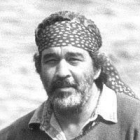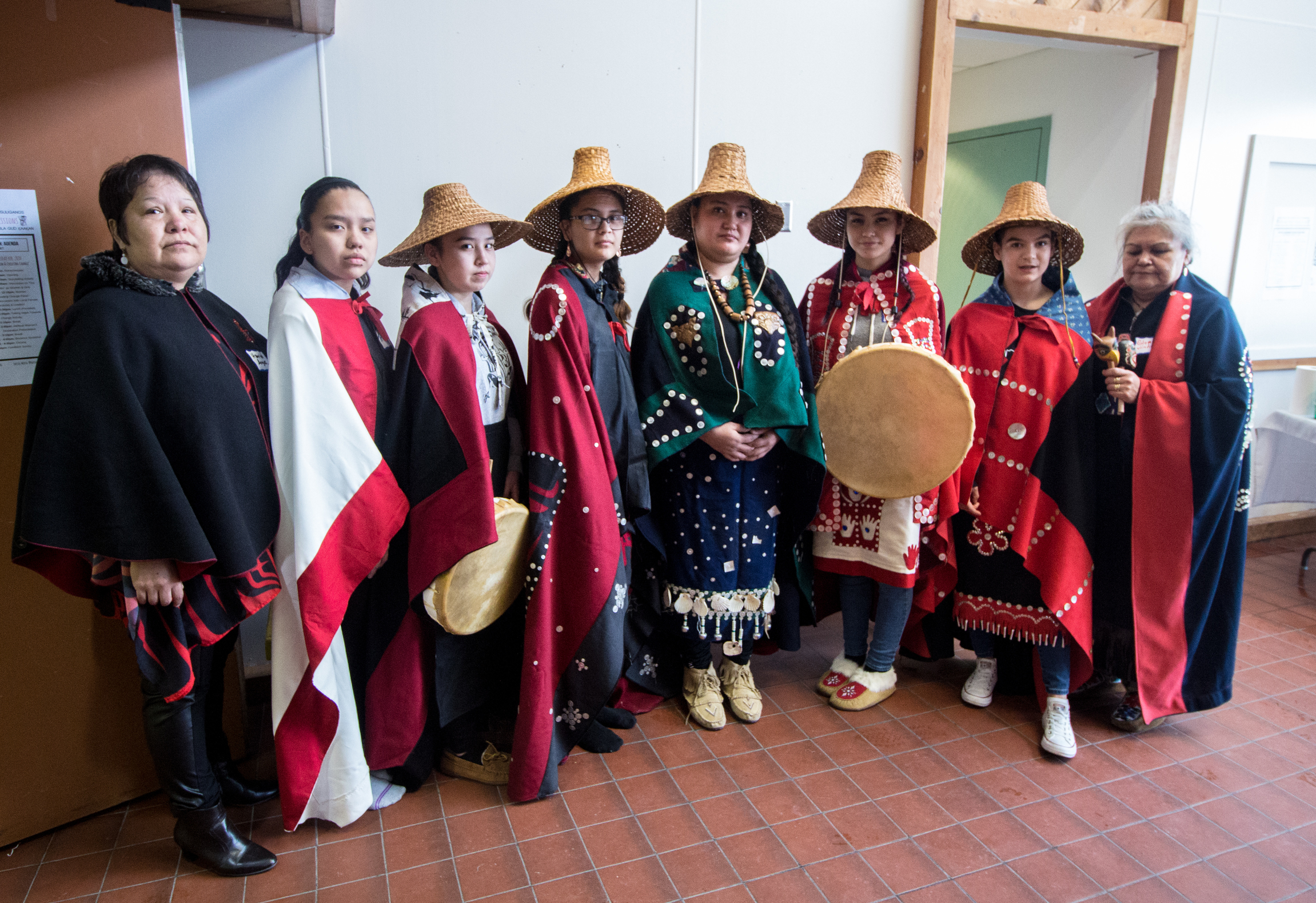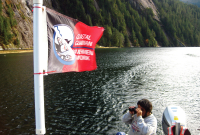Support strong Canadian climate journalism for 2025
Three years ago, First Nations and other British Columbian coastal communities celebrated Prime Minister Trudeau’s announcement of a moratorium on oil tanker traffic on the Pacific North Coast.
As a moratorium moves closer to becoming law, the Hereditary Chiefs and political leaders of First Nations along the coast have traveled to Ottawa to pledge our full support for the Oil Tanker Moratorium Act and urge the Senate to pass Bill C-48.
We want to ensure all future generations have a healthy environment and a sustainable economy, because it is from the ocean that our cultures, value, wealth and identity are derived. That is why First Nations on B.C.’s north coast are working with the federal government to implement marine use plans to carefully steward our ocean, while building sustainable fisheries that will benefit our communities.
We are asking for nothing more than the continued productivity and safety of some of the richest and most diverse coastal ecosystems remaining in the world. These waters span more than 100,000 square kilometres and reach from the northern tip of Vancouver Island to the Alaskan Panhandle. At risk are all six species of Pacific salmon, ground fish, shellfish and an abundance of whales and other marine mammals that give rise to the iconic cultures of the Coast.
While the wild fishery on the North and Central Coast, and Haida Gwaii has decreased, it still provides approximately 1,500 jobs in the fishing sector. The fish and fisheries have provided jobs and sustenance for coastal people, as well as seafood exports and destination experiences for people around the world. With the proper protection and stewardship, they can continue to do so. This marine environment includes the waters that flow from Gwaii Haanas of Haida Gwaii to the Great Bear Rainforest, two popular travel destinations that we have welcomed visitors for many years. All would be placed at risk by an oil spill.
Canada has taken an important step in reconciliation with First Nations by proposing this legislation.
The passage of Bill C-48 will mean our nations can focus on building a healthy coastal economy for our people instead of fighting costly legal battles to protect them from outside interests that would see oil tanker traffic on our coast. We are the ones who will be directly impacted by a spill and we have a collective responsibility to protect the lands, waters and resources to secure a healthy environment and a sustainable economy for our children, grandchildren, and all Canadians.
Around the world, people are increasingly experiencing the impacts of climate change through drought, fire, floods or winds. We are living in perilous times. Only by accepting responsibility for the state of the world can we make positive change. We must put the well-being and health of natural systems and the planet first.
While we understand the power of money and the limits of our own influence, we call upon the senators, and all people in positions of authority, to do what we can for our planet and for the legacy we leave. Bill C-48 is sound public policy.
Signed,
Chief Marilyn Slett (Heiltsuk) Chief Gidansda (Guujaaw) (Haida) and Chief Garry Reece (Lax Kw'alaams)








Comments
The head-in-the-sand mentality that the extraction industries and governments present in order to keep "jobs" that are killing us as we are making a financial "killing". The disconnect between action and equal and opposite reaction is mind boggling. I am a 57 year old white west coaster and I have enough life experience to see how we need to follow First Nations' lead to understand cause and effect. We need clean air and water, period. First Nations have been screaming from the treetops and river inlets, from ocean to ocean to ocean, this air and water quality is finite. The tipping point is here. We experience horrific effects of too many people crowded around our shrinking nature, we are nothing without nature. I once read "mankind needs everything in nature, nature requires nothing from mankind." So true and very humbling. Individuals - please start taking responsibility for everything you do. Wake up, please.